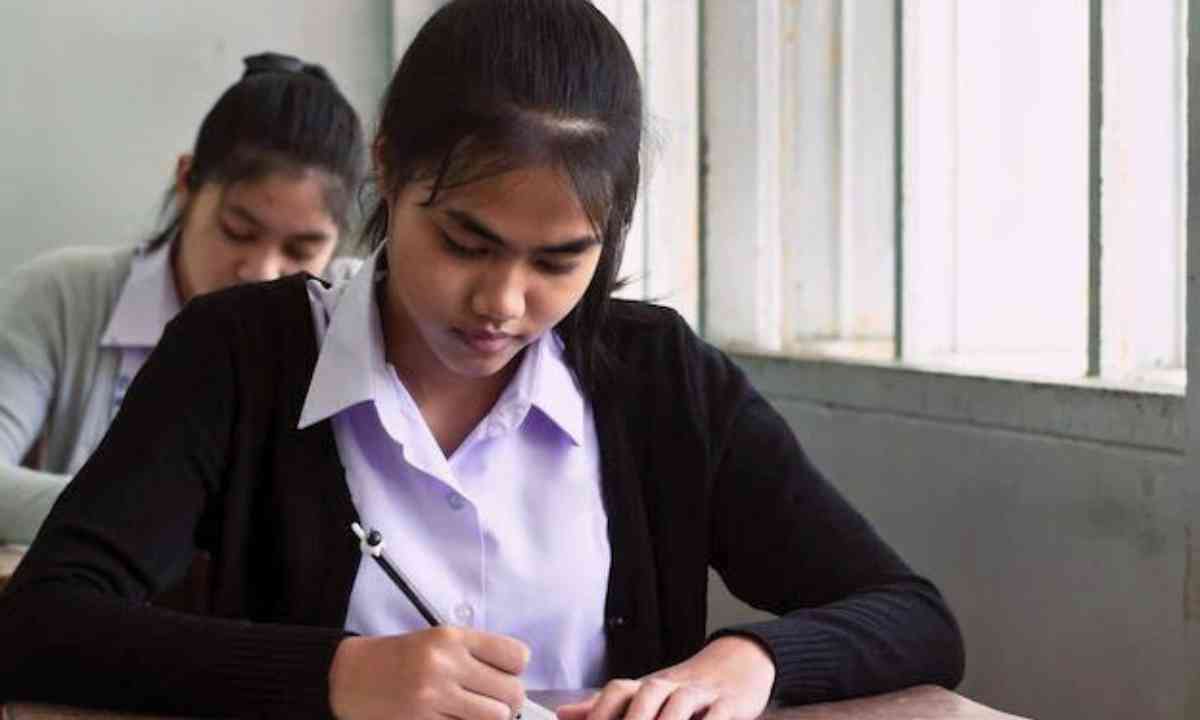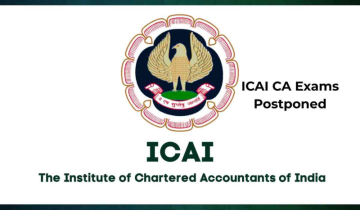The National Curriculum Framework (NCF) draft in India has proposed significant structural changes in school education that are largely based on the National Education Policy (NEP) 2020. The suggested changes include introducing two board exams for Class 10 and 12, dividing subjects into eight curricular areas for Class 10 students, and eliminating science, arts, humanities, and commerce streams for higher secondary students. The draft also suggests that no exams will be conducted until Class 2 and the introduction of written exams in the following year. These proposed changes aim to provide more holistic and multidisciplinary education to students in India.
The assessment of students is suggested to become more serious from there onwards. The document also talks about a "holistic report card" and self-assessment for the benefit of students. The proposals suggest that no assessment will be there for preschool to Class 2. The NCF draft in India has proposed a new assessment system for students, including two types of assessments: formative and summative. Formative assessments are continuous and ongoing, with low stakes and no strong consequences, and can include observing student behaviour in class or asking them to draw a concept map.
Summative assessments evaluate student learning at the end of a lesson or period of teaching, such as a term-end test or project submission, and can also be used for formative purposes. The progress card will be a holistic report that reflects the uniqueness and progress of each learner in cognitive, affective, and psychomotor domains, including self-assessment, peer assessment, and teacher assessment.
©️ Vygr Media Private Limited 2022. All Rights Reserved.
























